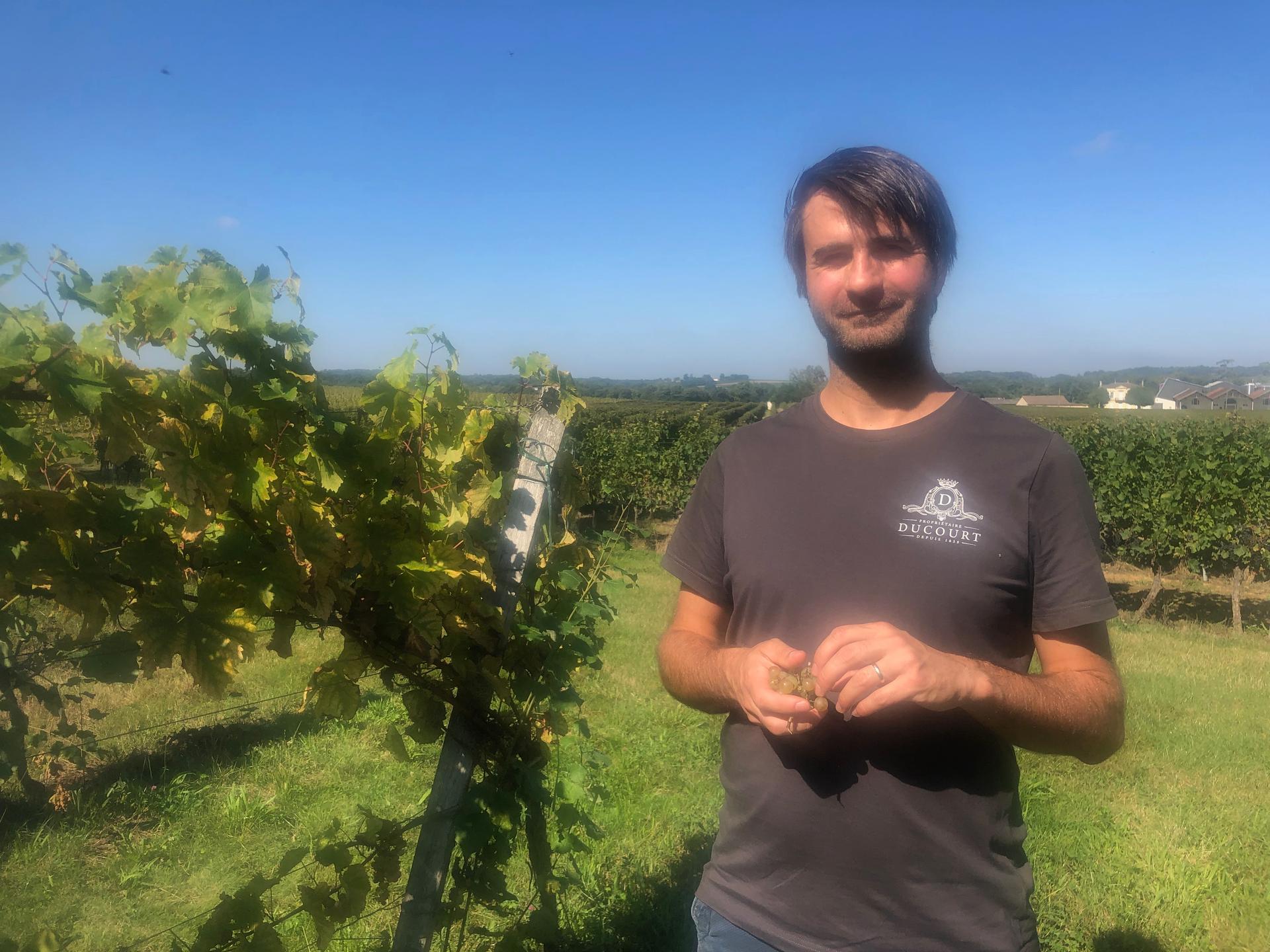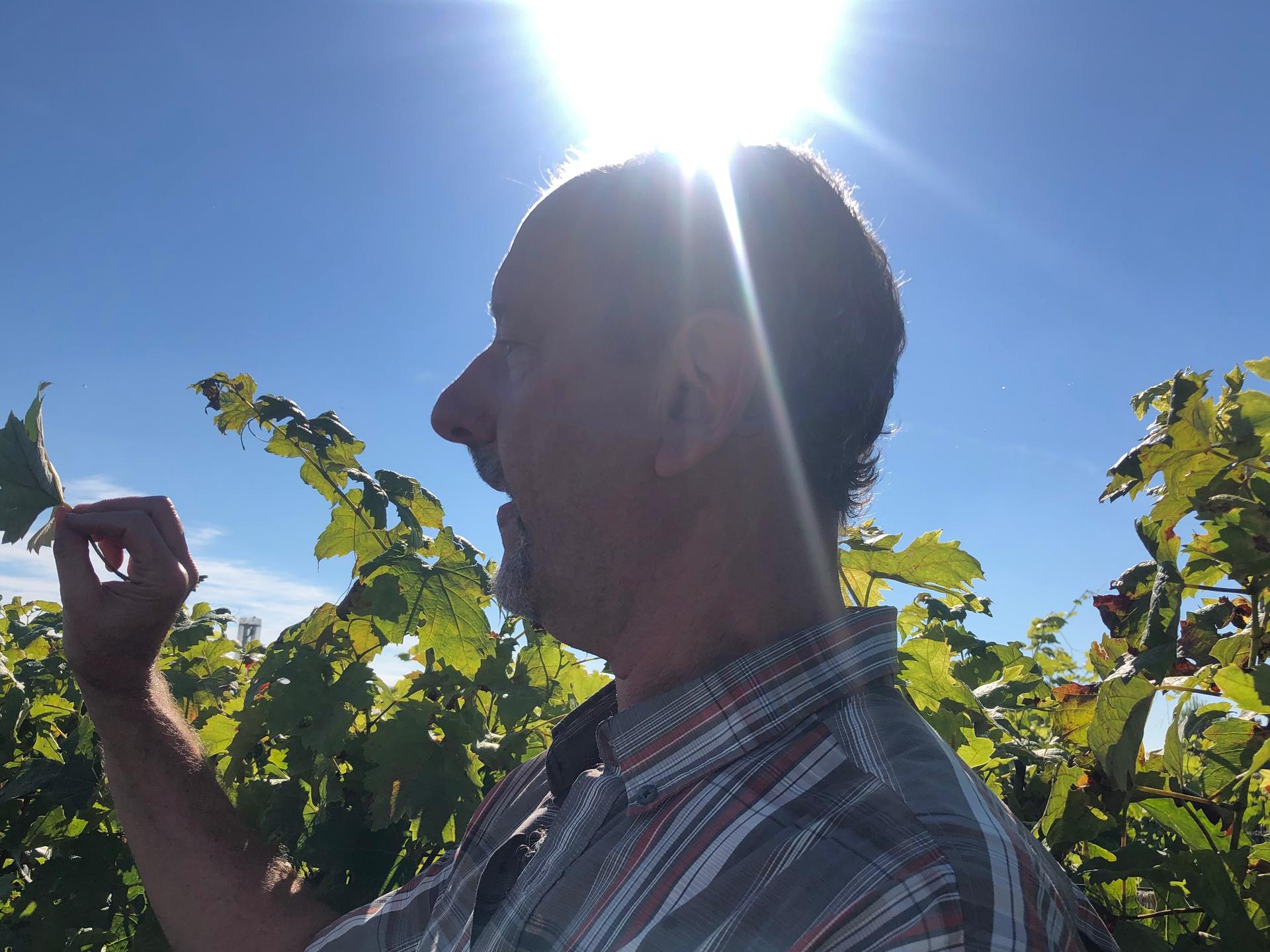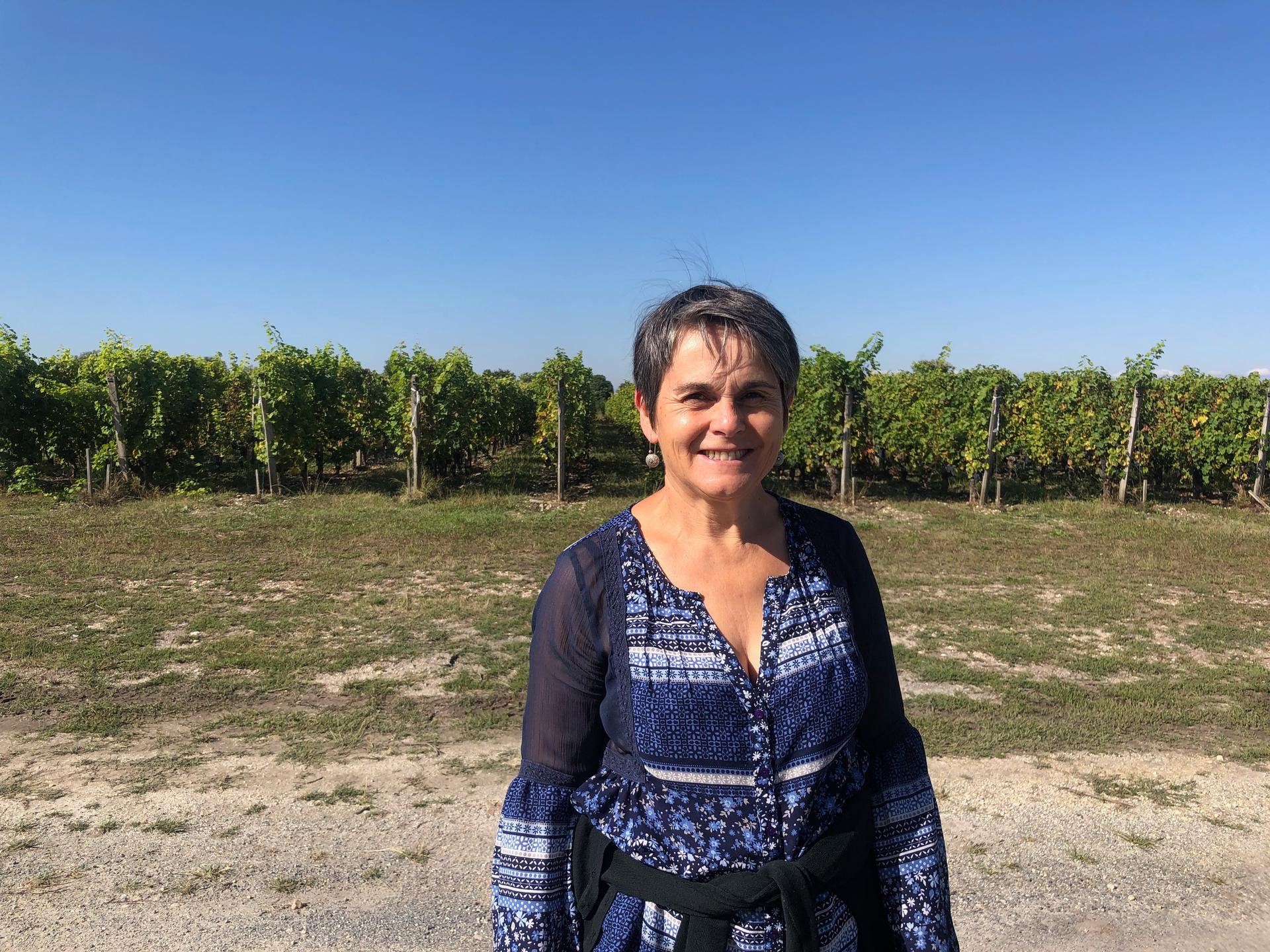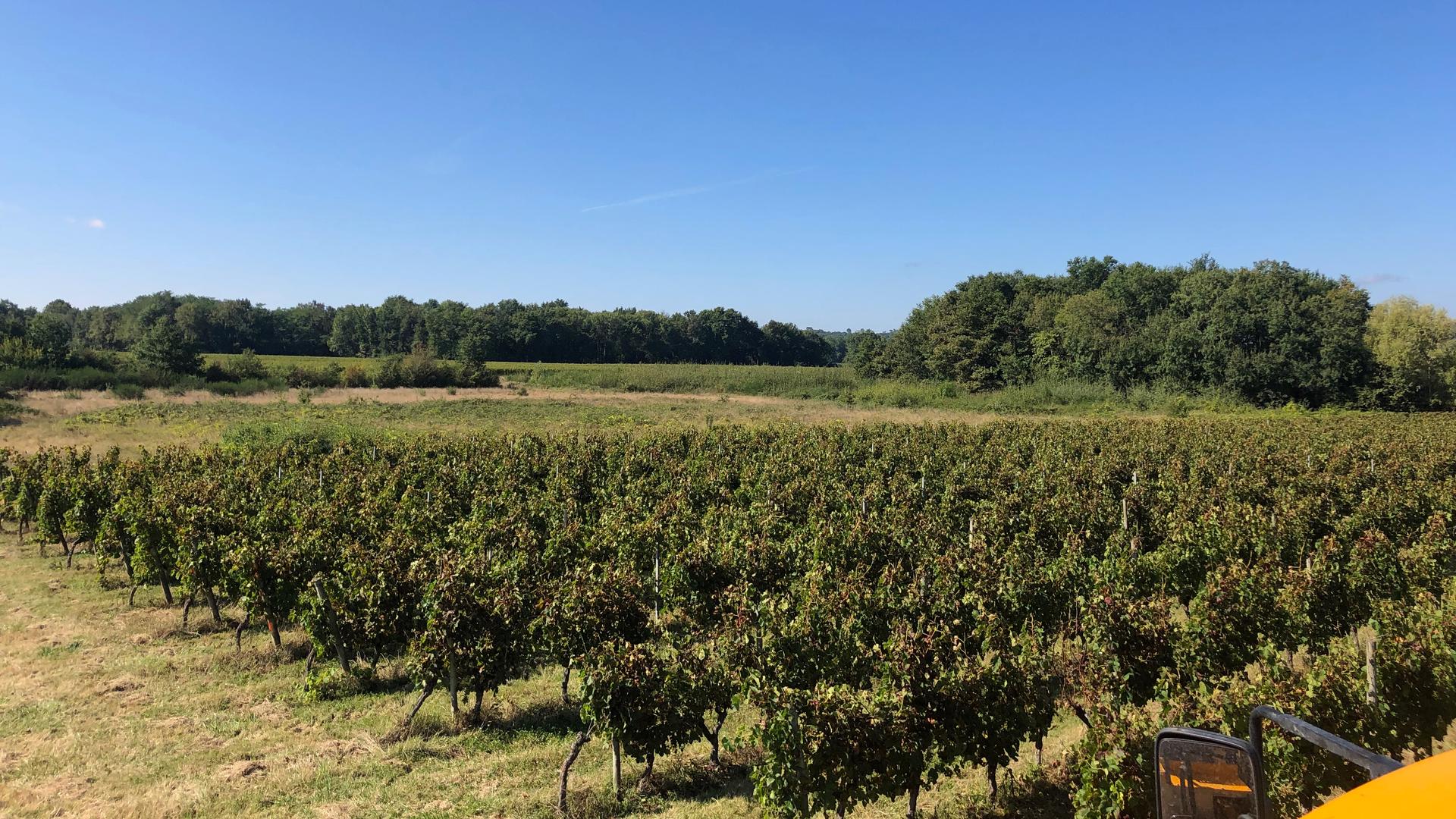Winegrowers in France experiment with hybrid grape varieties to combat climate change
Early October is a busy period for French winemakers — it’s amid the annual grape harvest known as les vendanges.
For Jonathan Ducourt, a fourth-generation winegrower with a 1,100-acre property near Bordeaux, that means crushing enough grapes to make 3 million bottles of wine, which are sold across France and abroad.
But this year’s harvest has produced considerably less fruit.
“We already know we’ve lost about 50% of production for the white wines.”
“We already know we’ve lost about 50% of production for the white wines,” Ducourt said.
He expects around a 30% loss for the red wines. He’s hardly alone.
Related: French Polynesia and New Caledonia see deadly COVID-19 surge
In September, France’s Agricultural Ministry said it anticipated a nearly 30% overall loss in output compared to 2020. The culprit: a severe late frost, followed by heavy rains which fueled mildew. Experts say these extreme weather conditions were made more likely by climate change.
The number of unexpected weather events has only increased for the Ducourt family over the last 10 years. Ducourt said his family even took out a special climate change insurance for winemakers.
But that’s why they’re working on a longer-term solution.

Ducourt drove to another corner of the vineyard to show off a not-so-hidden secret: neat rows of six, experimental hybrid vines. Most of the vineyard has pure vines growing only one type of grape, which is the standard in France.
Related: This Afghan photographer captures life in Calaís migrant encampments
The select six at the Ducourt vineyard have different grape varieties grafted onto each vine. These hybrid varieties were specially selected because they’re more resistant to events such as drought and late frost.
But hybrid vines are also controversial. In France, where tradition is king, wine can only be labeled “Bordeaux” if it’s made with any of six kinds of traditional grape varieties. Ducourt said that he respects this tradition, but is also very aware of the need to adapt to a changing climate.
“I think we need to sort of dance on two feet. We need to keep some tradition, but also look at what’s possible for the next generation. When people open a bottle of Bordeaux they expect a certain style, a certain tradition and we should respect that … but at the same time, we also need to be ready for what’s next.”
“I think we need to sort of dance on two feet,” Ducourt said. “We need to keep some tradition, but also look at what’s possible for the next generation. When people open a bottle of Bordeaux they expect a certain style, a certain tradition and we should respect that … but at the same time, we also need to be ready for what’s next.”
Hybrid wines have already been widely embraced in Germany and Switzerland, and some hybrid varieties have been approved for use in certain French table wines.

At an experimental vineyard in another corner of the Bordeaux region, Mark Gowdy showed students some of the more than 50 grape varieties he’s been studying at the Institute of Sciences for Vine and Wines.
Gowdy, who moved here from California, said that getting tradition-bound French winemakers on board with these experimental vines has been a bit of an uphill battle — “Whereas in the US, I can plan whatever I want, from wherever I want, whenever I want. It’s literally the Wild West.”
Related: French Polynesians seek apology from France over nuclear testing
Some of the most successful varieties in the experimental vineyard come from southern European countries with a slightly warmer climate — including Spain, Portugal and Italy.
But testing new varieties isn’t the only solution for winegrowers, Gowdy said. Special pruning techniques are being tested to protect the vines. He showed off a big bushy vine that provides extra protection for the fruit from sun and heat.
Gowdy also said that letting winemakers irrigate their crops — something that’s banned in France — could make a difference.

But even where traditional techniques and grapes are still being used, French wine is still evolving with a changing climate.
Related: France loves judo: How the French team won the Olympic gold
“The wine is with a higher alcohol content and lower acidity,” said Nathalie Ollat, head researcher at the institute. “All this affects the balance of the wine and also its ability to last and to be preserved.”
For now, Ollat said that these changes are only doing good things to the taste of wine. But she said that this will change for the worse in about a generation — if practices stay as they are, it will likely mean sour grapes.
